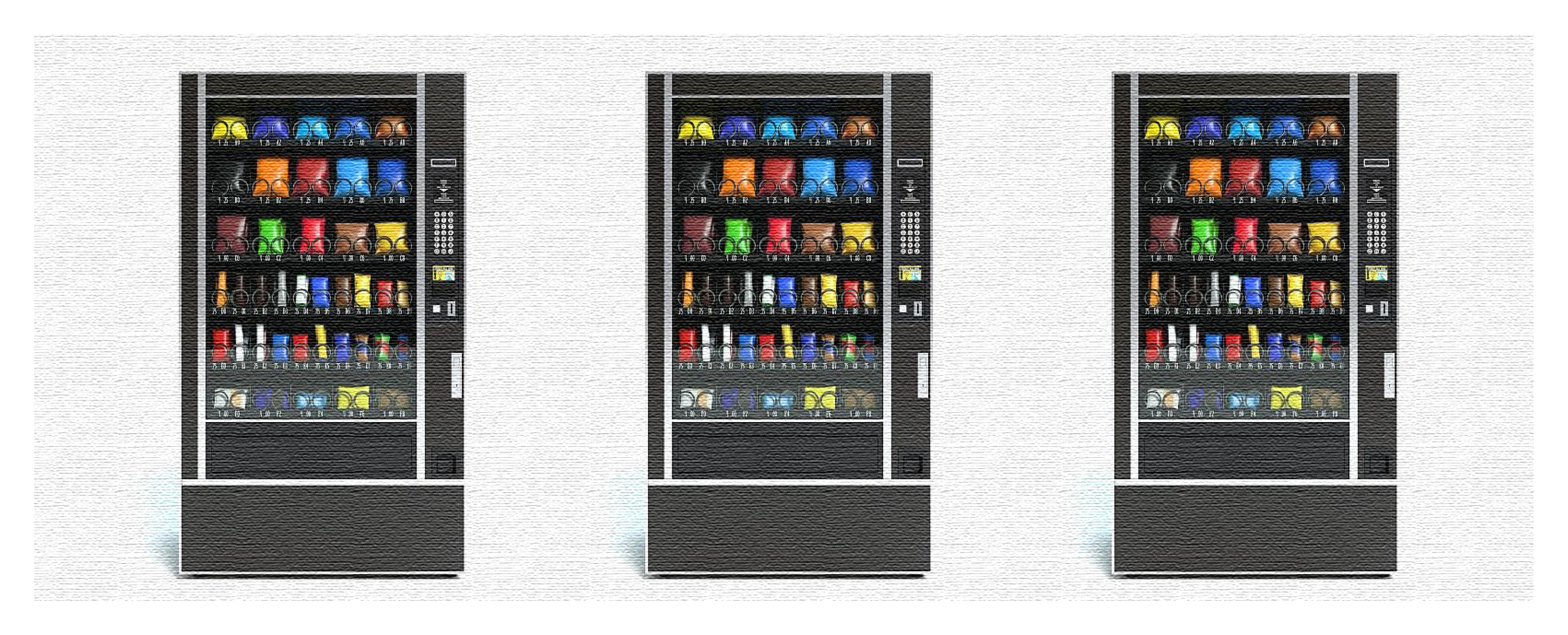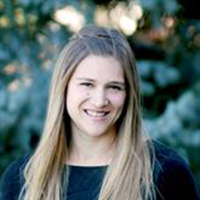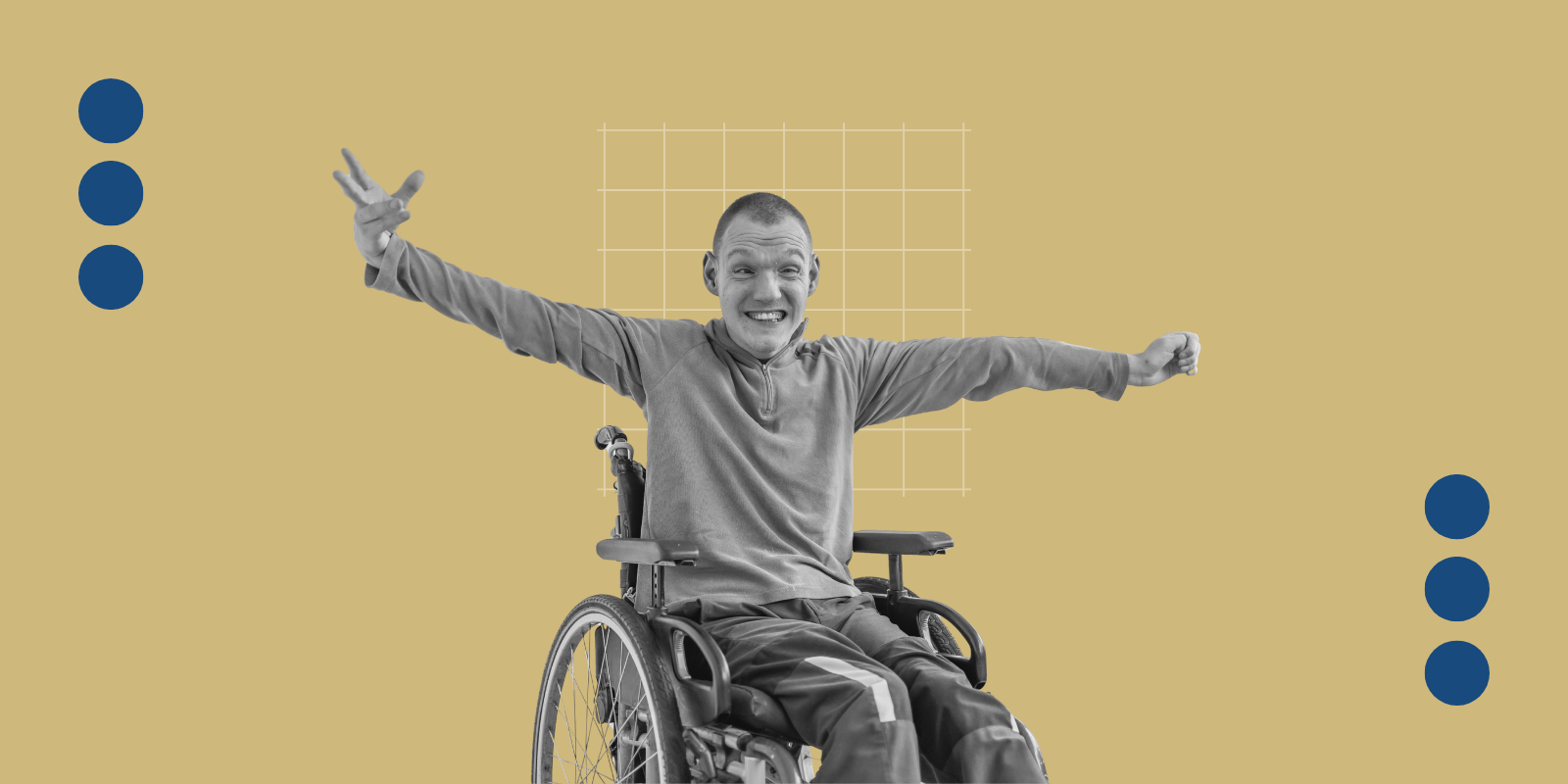Nicole Wagner, PhD, a recent graduate of the ACCORDS K12 Impact scholar program, is using a career development award to broaden access to naloxone through vending machines. The medication is easy to administer and rapidly reverses overdoses, making it easy for bystanders to save lives.
Prior to her work at CU, Wagner helped develop interventions as a project manager for a health system. Though the interventions held much potential, implementation of the projects was a challenge. It’s a reason she started the scholar program, to learn more about the science of implementation.
One intervention she worked on involved co-dispensing naloxone. When patients of the health system were dispensed a prescription, they were also given naloxone.
“It was great,” Wagner said. “We got naloxone out to a lot of people.”
But Wagner knew they were only reaching a subset of people using opioids. Young people not connected to the medical system were still not receiving this needed resource.
Thinking outside the box
So Wagner made it her mission to find a way to dispense this lifesaving drug to young adults. She discovered programs in Europe have been increasing access to sterile syringes through the use of vending machines for more than 40 years and were shown to reach the young adult population.
“I’ve always been interested in increasing access to services for populations that either don’t have access to the resources or don’t have the desire to engage with the health care system,” she said.
Wagner set a goal to develop a program using an iterative process with an engaged organization to pilot test a vending machine program. Her research measures naloxone distribution before and after project implementation.
Additionally, her project includes a “walking” audit. Location plays a big role in whether a community will use the vending machine. By working with the people using substances, Wagner hopes to maximize use of the vending machines.
“The goal is to help identify features of the environment that are influencing whether services are used,” she said. “It's about understanding what's appealing and what's not appealing to people who are using substances in the community.”
Engaging the Community
Wagner is working with three disparate communities: a rural community, an urban health center, and an urban harm reduction agency.
In her preliminary work, Wagner interviewed people who were in substance use treatment.
“Privacy can be a real barrier, and location really matters,” she said. “For those early in their drug use, privacy was so important that there are many locations they wouldn’t have used, such as a harm reduction agency.”
She’s also learned of the importance of having those involved in the approval process involved at every stage.
“Having a more iterative, engaged process seemed to be a solution that would work better for communities.”
Anticipating Use
The target population for Wagner’s project is people who use opioids.
“Often people use in groups, so making sure that someone in the group has naloxone available is really critical,” she said.
She also anticipates people who aren't opioid users accessing the vending machines.
“Sometimes it may be a person’s mom or a friend who wants to have the medication available should their loved one experience an overdose.”
Demonstrating Outcomes
Though syringe service vending machines have been used in Europe for decades, most of the work in this space has been community-based and outside of academic study. Only recently have vending machines been implemented in the United States. Wagner aims to contribute to the body of knowledge.
“There isn't a lot of evidence of outcomes at this stage. Communities are making things happen because they want change, but the programs lack formal evaluations, which makes sense because they aren’t researchers. There's a lot of cool work going on in the U.S., and I’m hopeful this project will demonstrate tangible outcomes.”
Project Timing
Wagner’s career development award is a four-year grant. By this time next year, she aims to have implemented a vending machine at one of the three sites.
“Over the next two years, we'll have implementation happening, including follow-up and looking at outcomes. The primary outcomes include understanding who we are reaching, and whether we’re increasing access.”
Secondary measures will include costs and resource usage.
“By the end of the grant, we’ll be able to answer these questions and implement vending machines on a larger scale.”
ACCORDS Mentorship
Wagner’s focus on the implementation science learned through the scholar’s program will remain at the forefront of her work.
“I’m really focused on integrating communities into the decision-making process and creating programs that are designed to reach those in need in underserved communities.”
She’s grateful for the opportunity to expand upon her career with the support of mentorship from ACCORDS.
“This project is my baby,” she said. “But I definitely feel supported by ACCORDS. There are a number of people contributing and supporting me as I engage with this career development award.”




